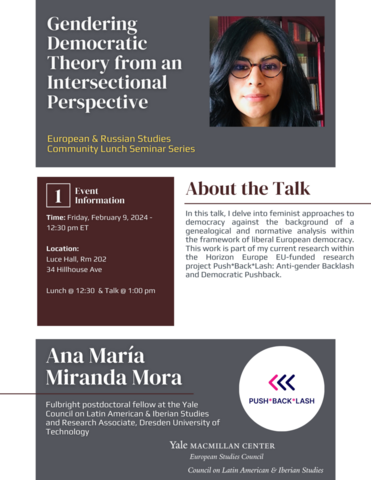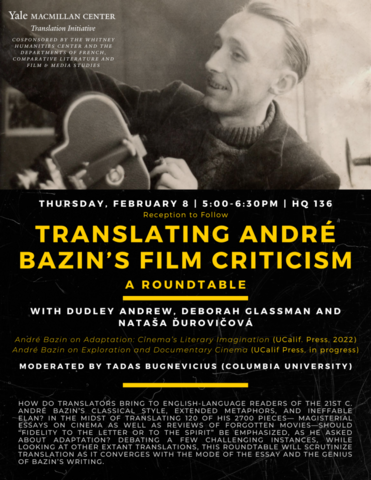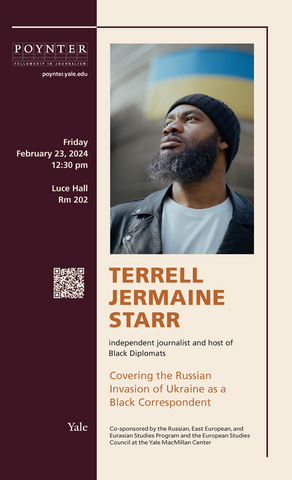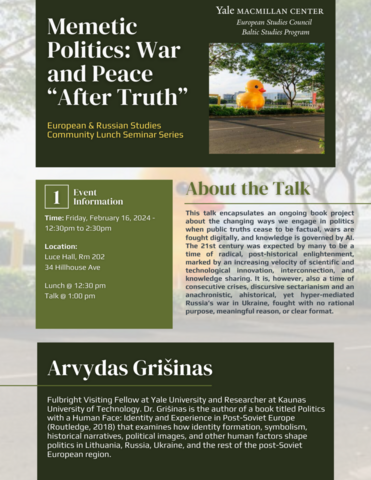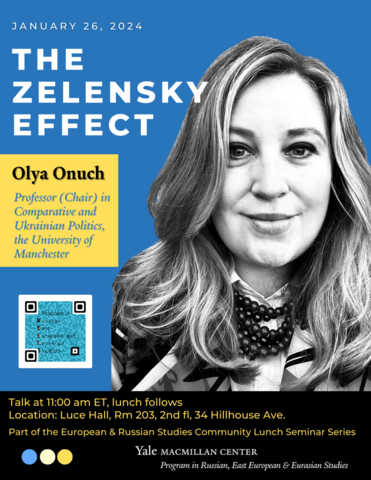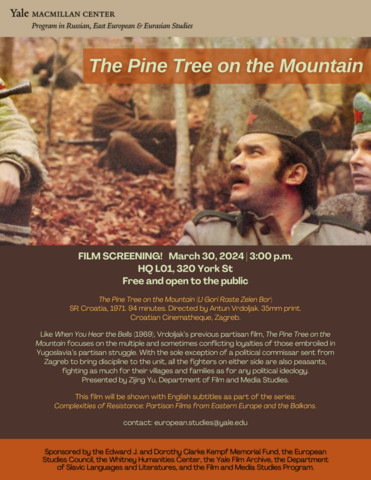"In all and for all”: who is included in Orthodox Christian liturgy?
This daylong panel will be convened by ISM fellow Dr. Nadia Kizenko, and the speakers include:
Susan Ashbrook Harvey, Brown University
Nicholas Denysenko, Valparaiso University
Patricia Fann Bouteneff, Axia Women
Carrie Frederick Frost, Western Washington University
Nina Glibetic, Notre Dame
Vassa Larin, Vienna, host of “Coffee with Sister Vassa”
Ashley Purpura, Purdue University
Teva Regule, Boston College
Vera Shevzov, Smith College
Orthodox Christian liturgy seems to be one of the most “traditional” traditions. Its emphasis on ordained clerical authority (limited to able-bodied males) may obscure how others participate—or might participate—in liturgy. Women have shaped the liturgical act of collective remembering and memory making through composing liturgical texts, painting icons, or as witnesses to the events often sacralized through liturgical commemoration. How might reflecting on the embodied, sensorial, and physical experience of liturgy serve as a resource for theologically affirming marginalized groups more holistically?
This workshop looks beneath the surface of Orthodox liturgy. Leading scholars of Orthodox liturgy and liturgical arts, theology, and history, will come together to ask such questions as: whose voices are heard in liturgy, how, and by whom? How are these voices granted value in the event? How do persons attending liturgy contribute? How is their contribution valued, and by whom?
Our re-examination will draw on liturgical rites from antiquity to the present to consider what more inclusive rites might look like. It will conclude with a Vespers sung in Marquand Chapel.
SCHEDULE
8-8:45 a.m. breakfast
8:45-9 a.m. Welcome and Opening Remarks from Nadia Kizenko, Yale University ISM Fellow (Professor of History at UAlbany)
9-10:45 a.m. Panel I: Perspectives from History
Panel I chair: Teresa Berger, Yale University ISM
Susan Ashbrook Harvey, Brown University
Nina Glibetic, Notre Dame
Vera Shevzov, Smith College
15-minute break
11 a.m-12:45 p.m. Panel II: Liturgy According to Liturgists
Panel II chair: Samantha Slabaugh, Yale University ISM
Nicholas Denysenko, Valparaiso University
Vassa Larin, Vienna, host of “Coffee with Sister Vassa”
Teva Regule, Boston College
12:45-1:45 p.m.: lunch.
1:45-3:15 p.m. Panel III: Gender and Power
Panel III chair: Maria Doerfler, Yale University Religious Studies
Patricia Bouteneff, Axia Women
Carrie Frederick Frost, Western Washington University
Ashley Purpura, Purdue University
3:15-3:30 p.m. Concluding Remarks and Future Projects
4:15-5:15 p.m. Great Vespers in Marquand Chapel


